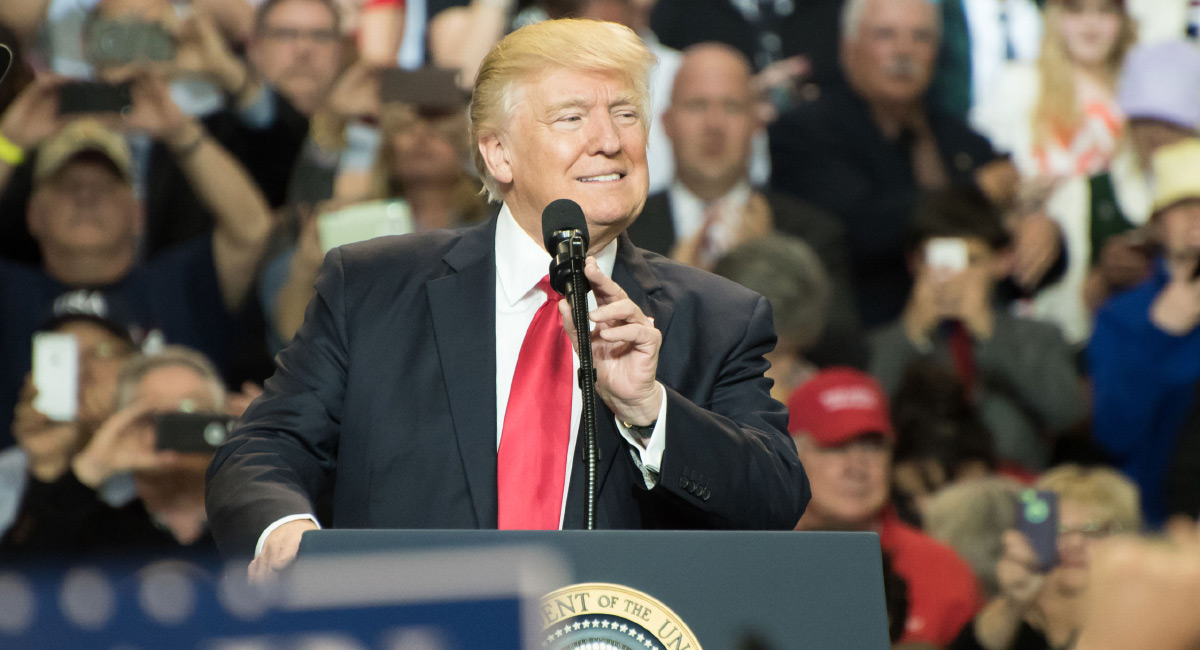The impeachment proceedings against President Trump are giving Americans an education on the mechanics and propriety of impeachment.
What the people will do with this knowledge is the critical question. The answer may determine not only the future employment of the president and certain members of Congress but also the fate of some members of the federal judiciary, including the Supreme Court.
The Constitution exempts no federal official from the possibility of impeachment, not even those at the highest levels of the judiciary. Article II, Section 4, states: “The President, Vice President and all civil Officers of the United States, shall be removed from Office on Impeachment for, and Conviction of, Treason, Bribery, or other high Crimes and Misdemeanors.”
Since its first session on March 4, 1789, the House of Representatives has brought articles of impeachment against one U.S. senator, one Cabinet official, 15 federal judges, and three presidents, excluding President Richard M. Nixon, who resigned before the full House voted on impeachment. Most impeachment cases against federal judges have been brought for the simple reason that, unlike elected officials, whom the people can “punish” by voting out of office, federal judges are unelected and largely unaccountable, never having to answer to the people for their conduct.
The public is also learning what constitutes “high crimes and misdemeanors.” This term of art from British constitutional history extends beyond criminal acts. When inserting this term into the Constitution, the framers knew that Parliament had impeached royal officials for ineptitude, mismanagement, and neglect of duty, transgressions often not justiciable in criminal law courts.
Above all, we are reminded that, for good or ill, impeachment is inherently a political process. Alexander Hamilton, writing in Federalist No. 65, averred that impeachments “are of a nature which may with peculiar propriety be denominated as political, as they chiefly relate to injuries done immediately to society itself.” This view opens the door to a wide range of actionable charges.
Court precedent also supports a broad interpretation of impeachable conduct. In the first federal impeachment conviction, U.S. District Judge John Pickering of New Hampshire was charged not with committing a crime but with unfitness for the bench arising from drunkenness and mental instability. He was convicted by the Senate in 1804 with all the Jeffersonian Republicans voting “aye” and all the Hamiltonian Federalists voting “no.”
Given the federal judiciary’s increasingly frequent sorties into partisan policymaking, it’s a wonder that there isn’t more enthusiasm for the impeachment of otherwise unaccountable judges. Perhaps the public, with its newly acquired (or relearned) knowledge, will start demanding it.
Under the guise of interpreting the law, too many federal judges, especially those on the Supreme Court, have been making policy decisions that rightly belong to the people’s elected representatives. In so doing, the judicial elite show their disdain for democratic debate and the value of the states serving as laboratories of democracy.
Nowhere is this cynicism more evident than with the nation’s most politically contentious topics. For example, although the Constitution does not address abortion, thus leaving the matter to the states, the Supreme Court, in Roe v. Wade, struck down a state law that banned abortions except to save the life of the mother. It then crafted a more-or-less arbitrary trimester system for determining the propriety of future state abortion legislation. The court thus removed abortion issues from the give-and-take of democratic debate, making all things abortion-related into constitutional questions.
Capital punishment is another subject on which the Supreme Court has veered into policymaking rather than mere legal interpretation. Although capital punishment is expressly permitted by the Constitution, two sitting Supreme Court justices, Stephen Breyer and Ruth Bader Ginsburg, have declared that they would use judicial power to ban the death penalty, changing the Constitution to suit their policy preferences.
Such pronouncements are not merely idle bluster confined to the court’s liberal wing. In 2008, Breyer and Ginsburg joined with three colleagues in Kennedy v. Louisiana to prohibit capital punishment in cases of child rape, a heinous crime for which the people and their representatives rationally concluded that the conduct warranted the ultimate penalty.
More recently, in Obergefell v. Hodges, the Supreme Court nationalized marriage law by deciding that the traditional definition of marriage is unconstitutional. Just as in Roe, the court removed a controversial matter from the people and their representatives and instead created an inflexible policy disguised as a legal decision.
Perhaps the public’s newly gained understanding of impeachment proceedings will be put to wider use. For too long, the federal judiciary has usurped the policymaking role of the people’s state and federal representatives. Do you suppose there’s any way to punish and deter such abuses of power?












